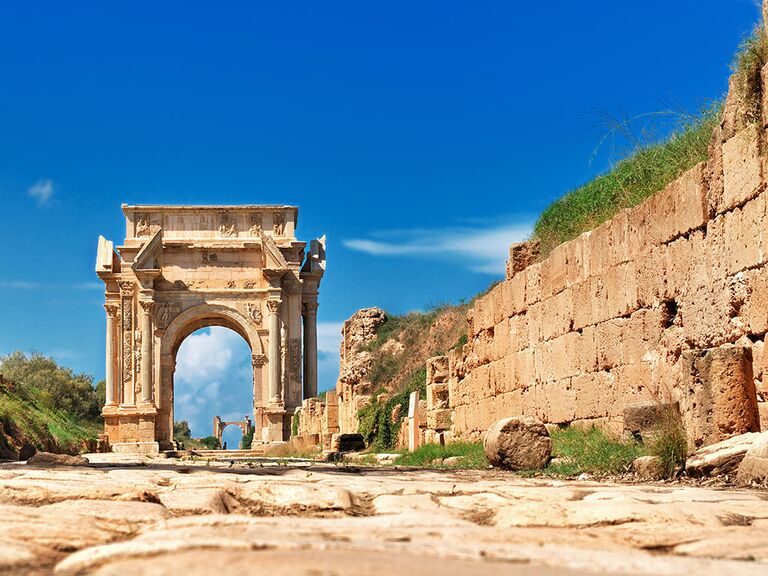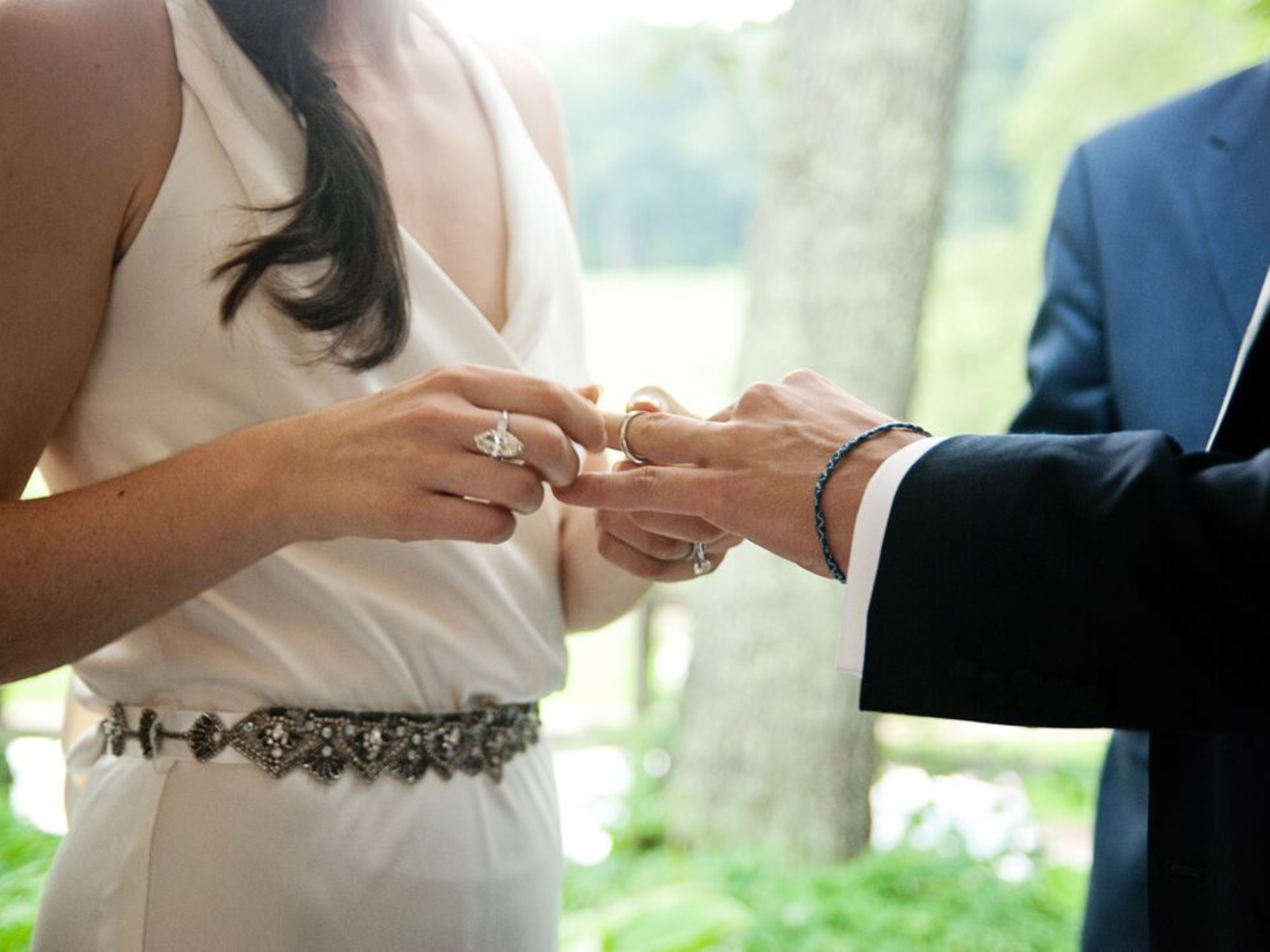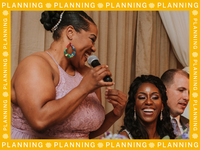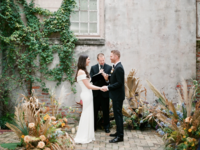Libyan Weddings are Packed With Tradition—Here's Everything You Need to Know


Known for its opulence and rich cultural significance, a Libyan wedding is one party you certainly don't want to miss. But, whether you're attending as a guest or want to incorporate some of your or your partner's background into your special day, it's a good idea to brush up on the most popular Libyan wedding traditions before the festivities begin. Located in North Africa, Libya is an Islamic state, so you will see a lot of Muslim traditions woven throughout the event. However, it's worth noting that Libyan weddings will vary by exact region. (After all, a wedding in Benghazi might vary slightly from a celebration in Libya's capital of Tripoli.) Depending on where the Libyan wedding is taking place, you might spot various cultural influences from Arab, Berber, and Islamic traditions.
To help you brush up on the basics—and learn a little more about Libyan culture in the process—we're sharing a few common features you'll find in a traditional Libyan wedding.
A Brief History of Libyan Wedding Traditions
In Libya, getting married is one of the biggest (and most celebrated) milestones life has to offer—and the couple's family members take great pride in the special occasion. Not only do traditional Libyan weddings pull out all of the stops and boast a large guest list—after all, more is merrier—but they're also a multi-day affair. While the average Libyan wedding takes place over the course of three days, some may last five days.
So, just how important are weddings in Libya? According to Development and Cooperation, 25,000 Libyan couples who got married in 2021 received today's equivalent of $9,732 from the government as a wedding gift.
Libyan Prewedding Traditions
Unlike weddings in the United States, a proposal in Libya isn't as easy as buying a ring and getting down on one knee.
Marriage Contract
According to the Linfield Review, the Libyan men on the groom's side will go over to the bride's house to formally ask for her hand in marriage. Once she agrees, the families sit down to discuss the logistics of the union. In fact, the couple's respective families often draw up a marriage contract. (At this time, the groom's family has historically provided a dowry for the bride-to-be.) Typically the marriage contract is signed in the bride's home during the katb el-kitab, a mandatory precursor to the wedding ceremony and reception.
Henna Night
A night or two before the wedding ceremony, close friends and family members head over to the bride's house for henna. The plant-based dye is applied to the bride's hands to keep evil spirits at bay. To seal in the good luck, friends of the bride will put some of the henna in their own hands.



Libyan Wedding Attire
Though you might see some Libyan brides wear modern wedding dresses, most women sport a garment called a "harisa" for the wedding celebration. Made with white silk, a harisa is typically embroidered in silver and gold thread and paired with gold jewelry, heavy neck pieces, and a matching veil. (Modesty is key as Libyan brides have historically had their bodies covered and faces masked by a veil.)
But, since a Libyan wedding is a multi-day affair, she'll need an outfit change. The bride gets a dose of color during Alboudri, which is when she receives various gifts from the groom's family. For this day, the dress code is a traditional pink striped dress that's specially folded by the back and hips. A matching pink veil completes the look in style.
As for their grooms? A man's wedding attire is too different from his typical Libyan dress. Oftentimes, a Libyan groom will wear a long white shirt called "jalabiya," long trousers or "sirwal," and a thick knitted vest that's also called a "sadriya." For the perfect finishing touch, he'll add a hat called "shashiyah," which is usually seen in red or black.
Libyan Wedding Ceremony Traditions
Though the exact breakdown of a Libyan wedding ceremony might vary by region, there are a few traditions that remain consistent throughout the country. Since Islam is Libya's state religion, ceremonies will typically be conducted in a mosque and officiated by a religious leader called an imam. In some areas, the groom will pick up his wife from the bride's house on the wedding day.
Libyan Wedding Reception Traditions
Similar to most countries, a wedding reception is the time to celebrate family, good fortune and, of course, the couple. Typically, an abundance of guests will file into a wedding hall to munch on apps, listen to great music and bust out a move or two. The difference? In Libyan culture, the newlyweds eat their meal away from the other guests.
Libyan Traditional Food, Drinks & Desserts
Though your exact menu might vary by region, wedding receptions are often well-equipped with traditional Libyan food. In addition to entrees like lamb and chicken, some weddings serve a spicy, saucy pasta dish called "rishda."
Libyan Postwedding Traditions
Just because the Libyan wedding might be over doesn't mean the fun has stopped. According to Business Weddings, the festivities end with the bride being showered in rice and candy as she's escorted to her new home. Think of this tradition as a sweet start to the couple's next chapter.



















